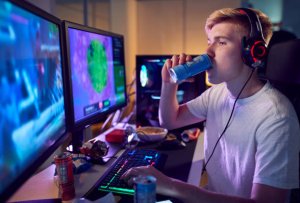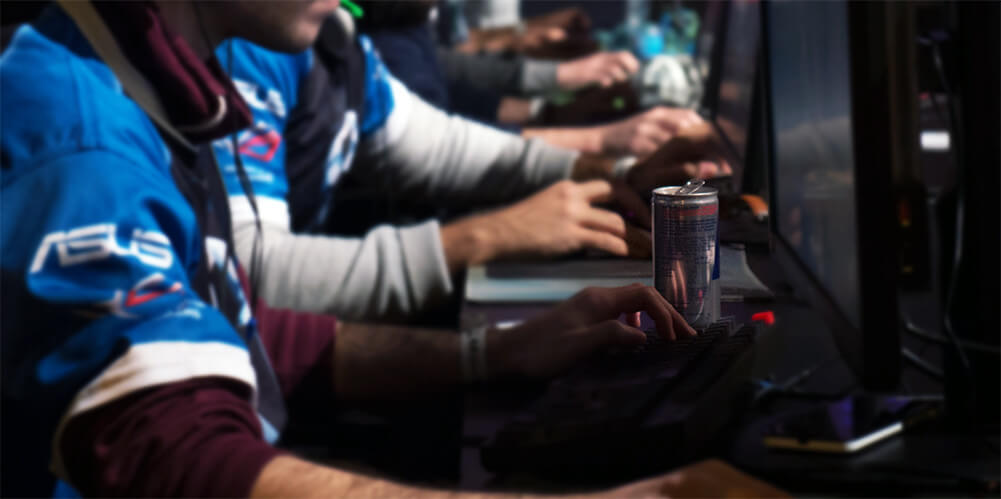The world of competitive esports is continually seeking ways to enhance player performance, and a recent study published in Scientific Reports has shed new light on this quest.
This groundbreaking research, conducted by an international team, suggests that a specific dosage of caffeine can significantly improve reaction times, visual search accuracy, and shooting performance in professional First-Person Shooter (FPS) esports players.
Methodological Rigor in Assessing Caffeine’s Impact
The study employed a rigorous methodological design to assess the effects of caffeine on trained esports players. Participants were administered 3 mg/kg of caffeine and their cognitive and shooting performances were compared against a control group that received a placebo.
The results were unequivocal: caffeine supplementation markedly enhanced reaction times, visual search time, and shooting performance (kill-to-death ratio and accuracy) compared to the control group.

Focus on Professional Esports Athletes
This study specifically targeted professional esports athletes, who already possess superior cognitive skills compared to casual gamers. Caffeine, known for its ergogenic effects, emerges as a natural supplement to enhance these cognitive abilities.
However, prior research into caffeine’s benefits in FPS game performance was limited, making this current study a significant contribution to the field.
Study Design and Implications
Nine male esports athletes participated in this randomized, controlled crossover study. The research included familiarization trials, treatment administration (caffeine or placebo), and performance evaluations in cognitive tasks and shooting exercises.
The results showed a significant improvement in reaction times, visual identification, and shooting performance after caffeine ingestion, underscoring its potential as a pre-competition supplement.

The Ergogenic Effects of Caffeine in Competitive Esports
This study marks a significant advancement in understanding caffeine’s impact on competitive esports performance, offering a pathway for cognitive and technical refinement of players.
As the esports industry continues to grow, these findings open a new chapter in the pursuit of competitive excellence, contributing to the expanding landscape of scientific research in this increasingly popular sector.

